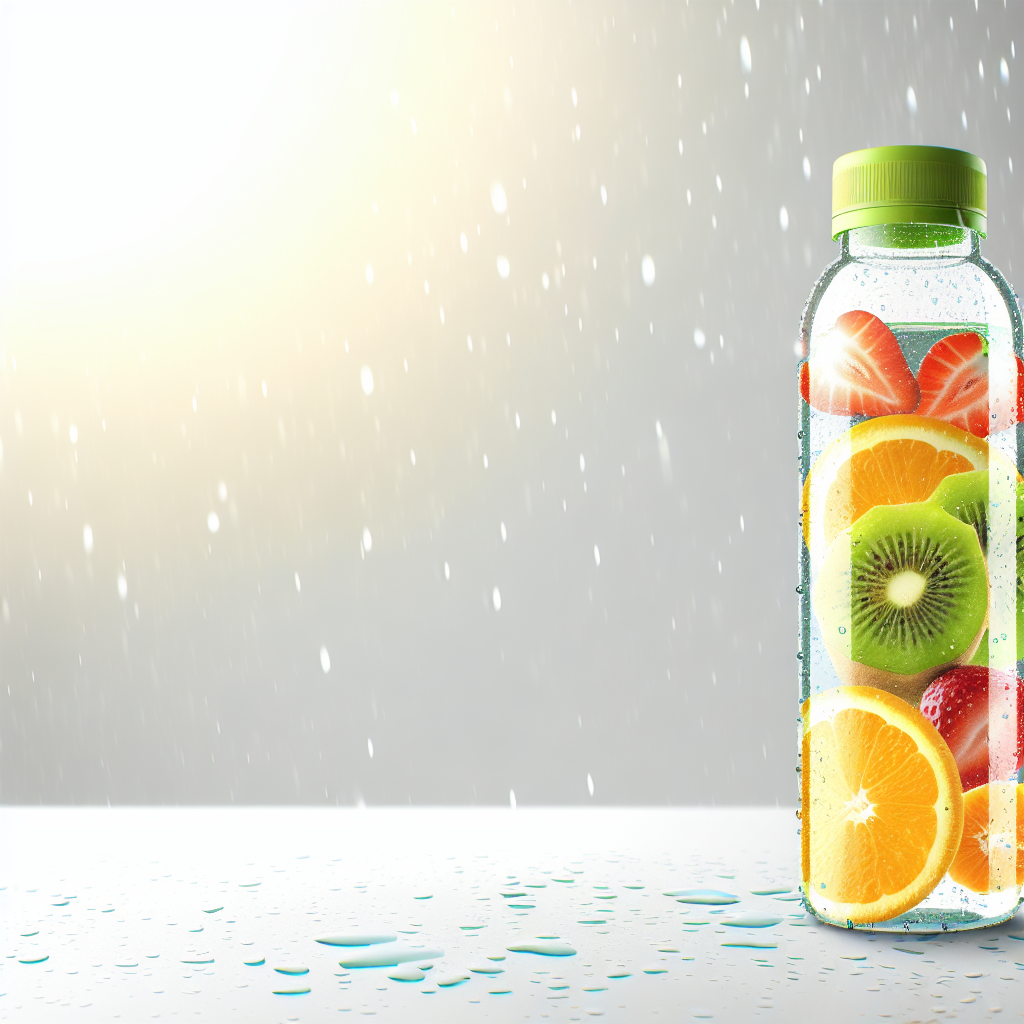Vitamin Waters are enhanced beverages that combine hydration with vitamins and minerals. They offer a convenient way to increase vitamin intake while avoiding sugary sodas and other drinks.
However, many varieties contain crystalline fructose and can contribute to excess calorie intake. Moreover, most Americans are not vitamin-deficient and can get the vitamins they need through a diet of whole foods.
Health Impact
For many, vitamin water offers a convenient way to get the vitamins they need in a healthy drink. They are usually fortified with water-soluble vitamins like B-complex and C, which help support energy metabolism and immune function, as well as minerals like potassium or magnesium to maintain electrolyte balance.
However, these drinks can contain significant amounts of sugar, which can contribute to weight gain and diabetes and lead to dental problems. Additionally, they may contain artificial sweeteners and other additives whose long-term effects are still unknown.
While some brands of vitamin water use natural sweeteners and stevia to reduce their sugar content, it is important to check the label to understand the full nutritional profile of the beverage. Many flavored versions of this popular choice can contain up to 30 grams of added sugar per bottle, which is more than double the amount recommended in dietary guidelines. If you are concerned about the amount of calories in your drinks, opt for unsweetened options and rely on whole foods to meet your vitamin needs.
Nutritional Value
The vitamin-fortified beverages offer hydration and additional nutrients, which can be beneficial for health and fitness. However, it is important to note that relying on vitamin water for the bulk of your nutrient intake may not be optimal. Especially, if you are already following a diet rich in vitamins and minerals or taking a multivitamin supplement.
Many varieties of vitamin water contain high levels of sugar, which can pose a variety of health risks, including weight gain and increased risk of metabolic diseases like type 2 diabetes. If you do choose to consume vitamin water, it is best to select a product that contains no added sugar or is sweetened with natural alternatives like stevia or erythritol.
Similarly, vitamin water often contains excessive amounts of certain vitamins, which can be harmful over time. According to a government survey, the average American already consumes more than the recommended daily allowance of vitamins thiamin, riboflavin, niacin, B12 and C, as well as three-quarters of the RDA of vitamins E (including carotenes), D and K. These excess amounts of vitamins can lead to toxicity over time, particularly when consumed with fats because they are not absorbed effectively. In addition, some vitamin waters also contain added sugars and artificial sweeteners, which can contribute to a wide range of health complications over the long-term.
Pros & Cons
As more consumers adopt health-conscious lifestyles, they are looking for drinks that provide them with nutrients they can’t easily get from their diet. This has fueled growth in the Vitamin Water market, as it offers a convenient alternative to other beverages like smoothies and juices.
However, not everyone is sold on vitamin waters. They may offer an easy, convenient way to increase hydration and vitamin intake, but many versions of the beverage contain more sugar than is recommended. The majority of popular brands contain at least 32 grams of sugar per bottle, which can lead to weight gain and increased risk of diabetes and heart disease.
Besides the high sugar content, vitamin waters also contain a host of artificial sweeteners and flavorings to enhance their taste. While these ingredients are considered safe by regulatory agencies, some people prefer to avoid them as they can trigger allergies and headaches.
It is important to note that most of the vitamins and minerals that are contained in vitamin waters can be obtained from a well-balanced diet and other supplements such as multivitamins. In addition, excess of some of these nutrients can be harmful for health, such as too much Vitamin E, which thins the blood and increases the risk of internal bleeding.
